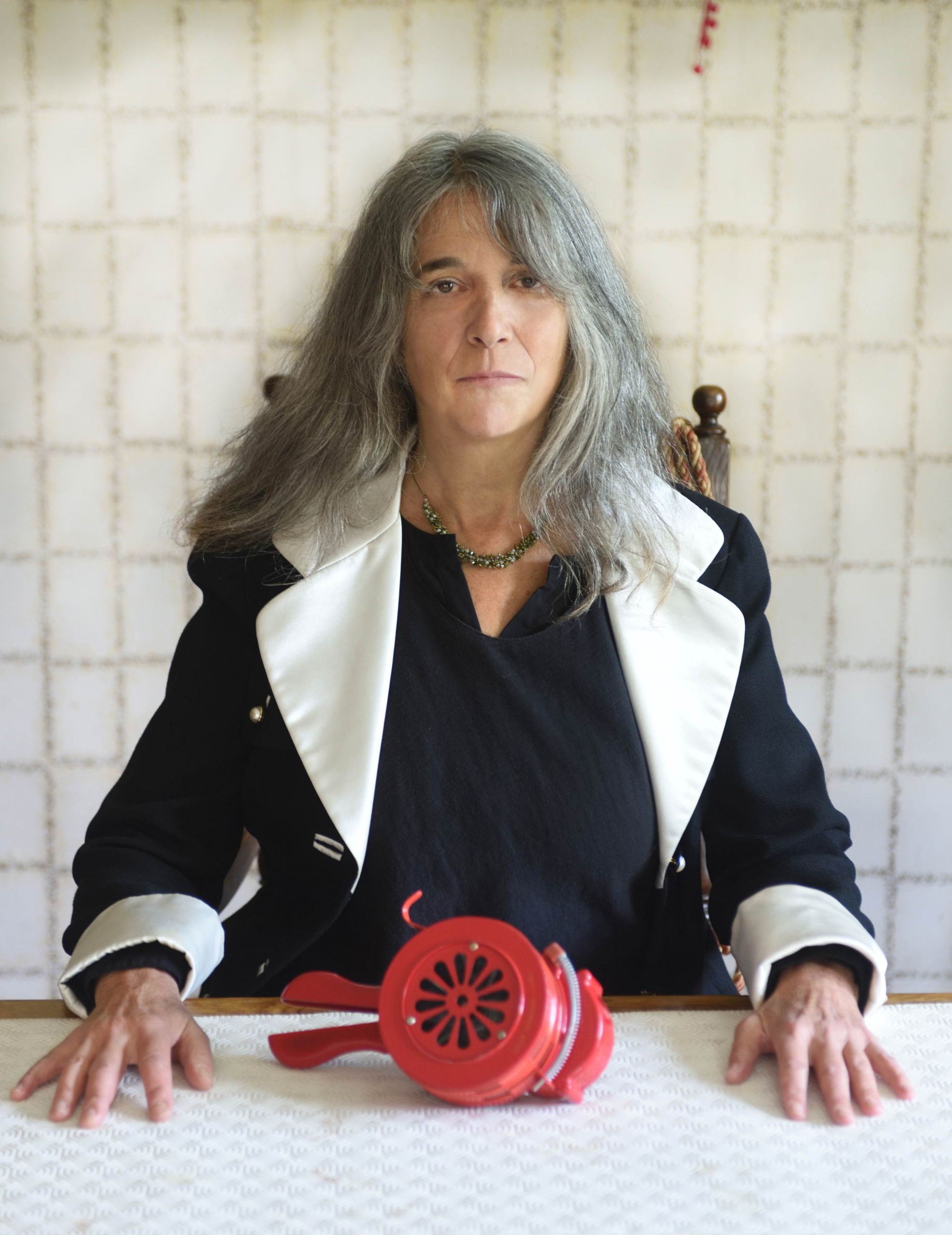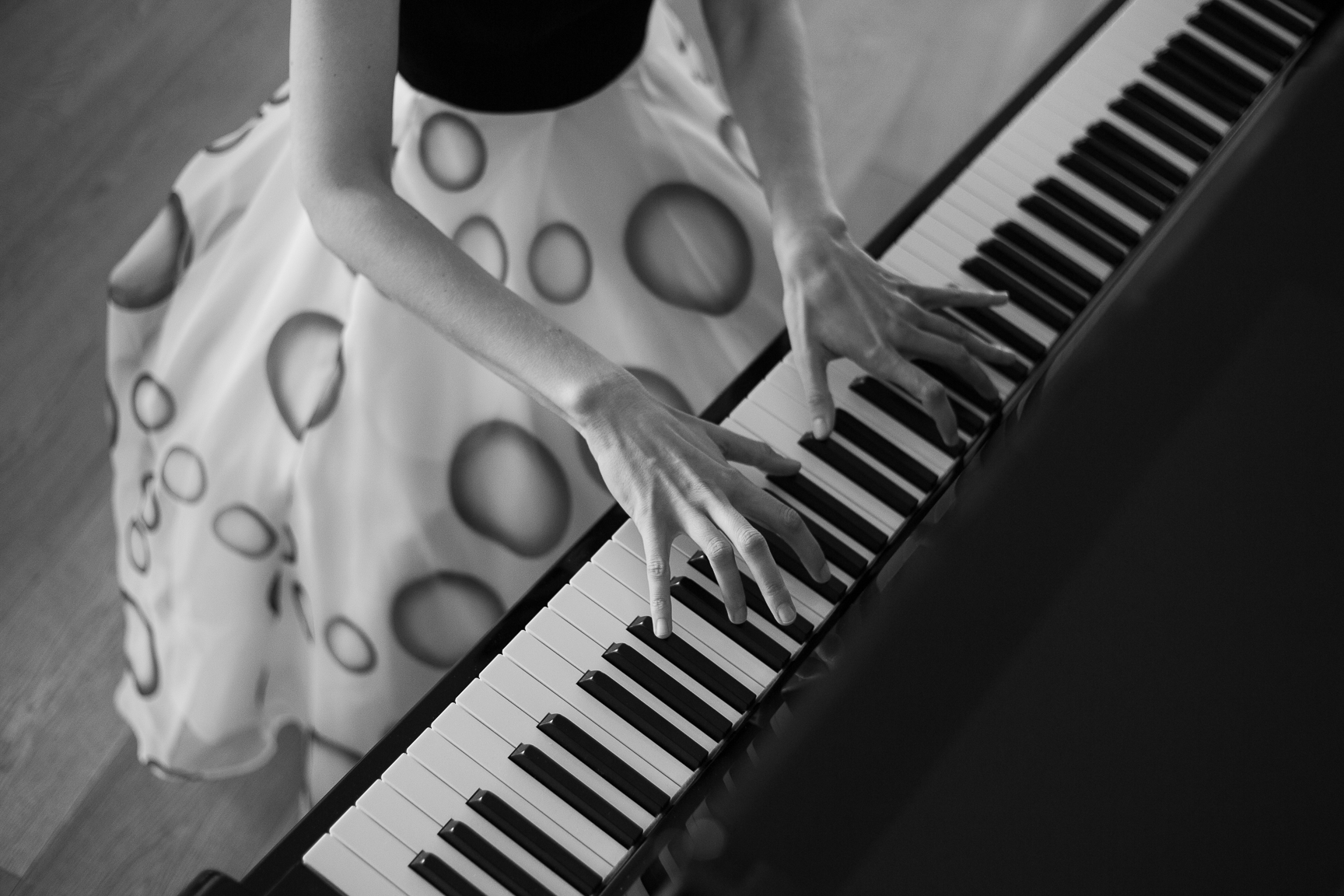About
Inspired by the musical landscapes of Ravel, Steve Reich, Abdullah Ibrahim and Foday Musa Suso, Lola Perrin has developed a unique sound world described by John Eyles as "holding the audience spellbound”. When reviewing her published books, Piano Magazine wrote “Someone could have a big success with these suites. I’ll happily send the scores to someone truly interested”.
Prolific composer and pianist Lola Perrin has recorded over four hours of solo and multiple piano. Pianists currently performing or recording her works include Anna Heller, Joanna Wicherek and Nada Kolundžija. She is working with London Sync Music, a dynamic music catalogue, to distribute her music for use in the visual media industry. During autumn 2022 her two new solo piano works ‘Let the birds have the skies’ and ‘Elegy for different times’ were distributed by Czech Music Direct to multiple streaming and digital download sites including Spotify and Apple Music. South African composer pianist vocalist Estelle Kokot has described Lola’s new works as “a huge salute to nature”. ‘Cloud Sky Fade’, play-listed on Sirius, RadioX, BBC R3 Night Waves and Radio 6 Music, has recently been re-released on La Torre Ibiza's 4th compilation. Her many collaborators include Brian Eno, Hanif Kureishi, scores of leaders in the ecological movement from futurist Jeremy Leggett to economist Kate Raworth, and artists and filmmakers including Phil Maxwell & Hazuan Hashim, Eleonore Pironneau, Nazarin Montag, Roberto Battista, David Oates, The Gray Circle, John Kennedy and Daniel Ranelli. Her compositions are published in sheet music form by Lola Perrin Sheet Music, Hal Leonard and Boosey & Hawkes. She’s been featured on various BBC radio stations including live feature performances for BBC R3 Jazz LineUp and RTÉ Radio’s Blues in the Night. She’s performed widely including her music for 6 pianos at Southbank Centre, specially written scores for silent films at BFI and Barbican Cinema, at festivals including Women of the World (UK), Motives (Belgium), Women in Jazz (Halle Opera House, Germany) and Women in the Arts (Missouri). She focuses on the piano and has a unique sound drawn from jazz harmony, minimalist structure and rhythms influenced by African kora and piano, calling her style 'Rave Music for Butterflies'. The Guardian describes her as “hauntingly compelling”. ‘Her Sisters’ Notebook’ for ten bass clarinets commissioned by Sarah Watts will be performed by Watts and others at Low Bass (Arizona) January 2023.
Foto: Nazarin Montag

